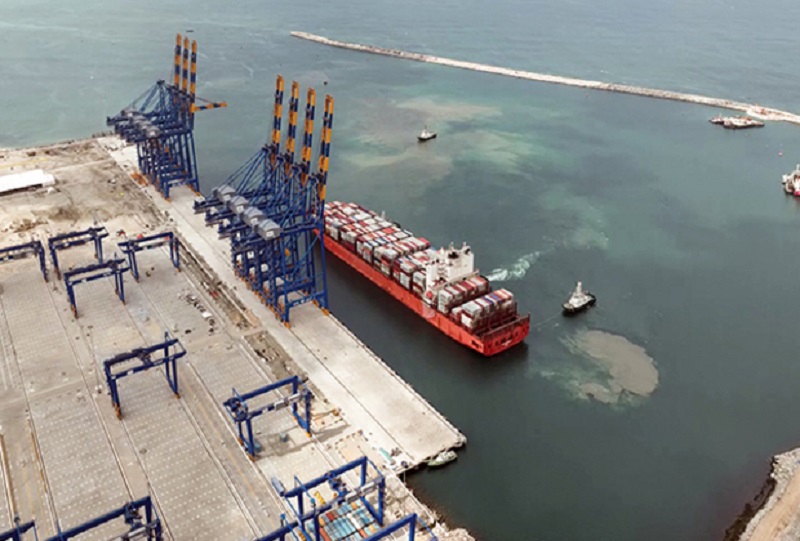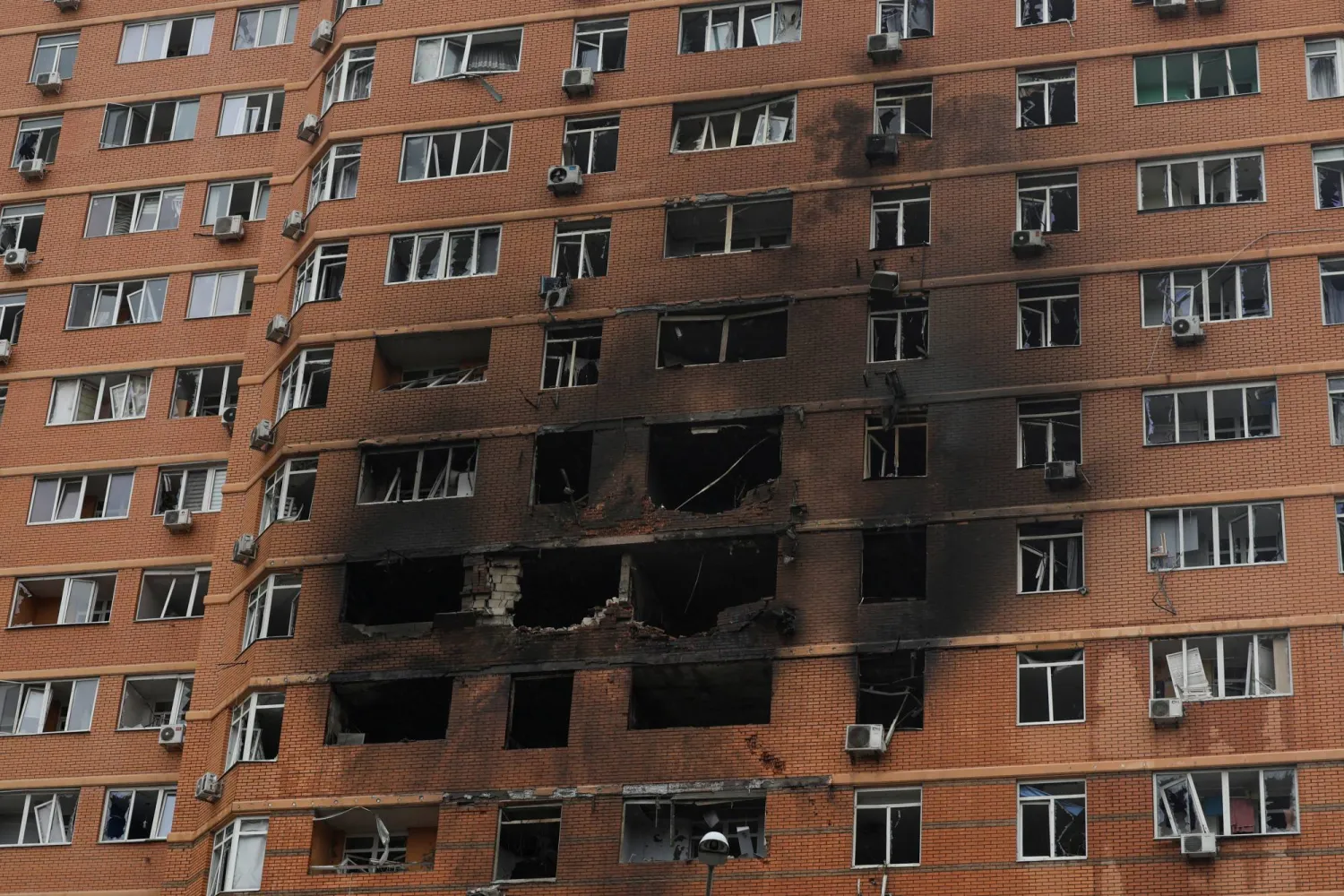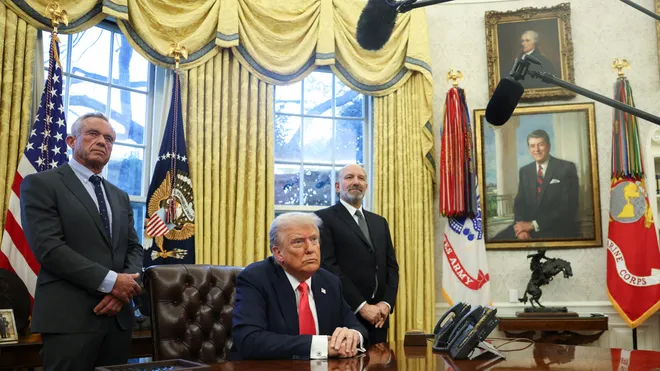As tensions boil over between Israel and Iran, a new report by the Global Trade Research Initiative (GTRI) has issued a sobering reminder for India: we may not be on the battlefield, but the fallout could hit us where it hurts most — our energy supplies, trade routes, and economy.
The ongoing West Asia conflict isn’t just a distant geopolitical flare-up; it could have direct and painful consequences for India. GTRI’s report calls on the Indian government to immediately reassess its energy security strategy, urging a swift diversification of oil suppliers and a careful check on our strategic reserves. In a crisis, waiting is not an option.
“India might not be involved in this conflict, but we simply can’t afford to sit back,” the report notes with urgency. “Our reliance on imported energy, especially oil and gas, leaves us dangerously exposed if key trade routes are disrupted.”
And that disruption could come sooner than we think. Nearly two-thirds of India’s crude oil and half of its LNG imports pass through the Strait of Hormuz — a narrow, 21-mile-wide corridor that’s now sitting in the crosshairs of conflict. This route alone handles around 20% of the world’s oil trade.
If that passage is blocked or even destabilized, India could face skyrocketing fuel prices, increased shipping insurance costs, and a ripple effect of inflation that weakens the rupee and disrupts the government’s fiscal plans.
The danger doesn’t end there. India’s exports to Europe, North Africa, and the U.S. East Coast — particularly engineering goods, textiles, and chemicals — heavily rely on the Bab el-Mandeb Strait. A threat to this route means longer shipping times, increased freight costs, and tighter margins for Indian businesses.
The trade numbers reveal our deep economic ties: India exported $1.24 billion worth of goods to Iran and imported nearly $442 million. Trade with Israel stands even higher — $2.15 billion in exports and $1.61 billion in imports.
But as missiles fly and diplomacy falters — with the recent Israeli offensive “Operation Rising Lion” and Iran’s massive missile counterattacks — the human toll is growing. GTRI notes that peace talks, including the crucial U.S.-Iran nuclear discussions, have now collapsed. Financial markets in the region are already showing signs of strain.
In this tense moment, GTRI urges India to take a stronger diplomatic stand. Using platforms like the G20 and the United Nations, India should actively advocate for de-escalation and the protection of global trade lifelines.
Beyond diplomacy, the report also highlights the need for stronger naval readiness in the Arabian Sea, especially near strategic choke points. After all, when trade routes are threatened, so is national stability.
For India, the time to act is now — before a distant war becomes a domestic crisis.




